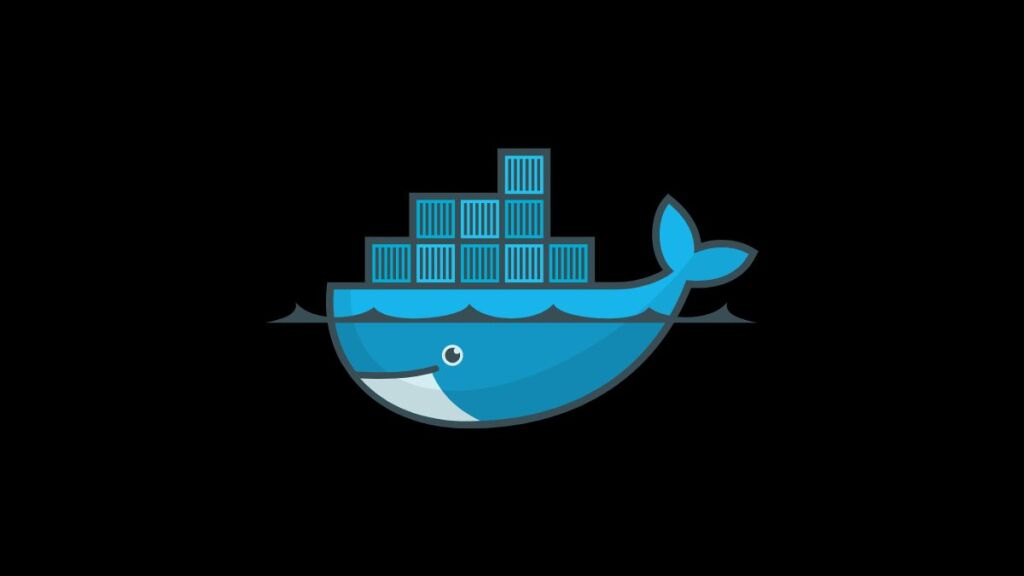In the world of Docker, managing containers directly through Docker CLI commands is straightforward for simple applications. However, as applications grow more complex, involving multiple containers, networks, and volumes, orchestrating these components with Docker run commands can become cumbersome. This is where Docker Compose and tools like Composerize come into play. Composerize is a handy tool designed to transform Docker run commands into Docker Compose files, simplifying the management of containerized applications. This article will guide you on how to use Composerize, streamlining your Docker workflow.
Understanding Composerize
Composerize is a web-based tool that quickly and easily converts Docker CLI run commands into a Docker Compose file. By automating the conversion process, Composerize helps developers and DevOps professionals to efficiently transition from single-container Docker applications to multi-container setups managed with Docker Compose.
Why Use Composerize?
- Simplification: Converts complex Docker run commands into easily manageable Docker Compose files.
- Time-saving: Automates the conversion process, saving time and reducing manual errors.
- Optimization: Encourages the use of Docker Compose for better orchestration of multi-container applications.
How to Use Composerize
Step 1: Access Composerize
Navigate to the Composerize website at https://www.composerize.com/. The interface is straightforward, featuring a single text input field where you can paste your Docker run command.
Step 2: Enter Your Docker Run Command
Take the Docker run command you wish to convert. For example:
docker run -d -p 8080:80 --name my-nginx nginx:latestPaste this command into the text field on the Composerize page.
Step 3: Convert to Docker Compose
After pasting your Docker run command, click the “Composerize it!” button. Composerize will process the command and generate the equivalent Docker Compose configuration.
Step 4: Review and Copy the Docker Compose File
Composerize will display the generated Docker Compose file in a new text field. For our example, the output might look something like this:
version: '3.3'
services:
my-nginx:
ports:
- '8080:80'
image: 'nginx:latest'Review the generated file for accuracy. You can then copy this configuration.
Step 5: Create Your Docker Compose File
On your local machine, create a new file named docker-compose.yml in the directory where you want to manage your Docker application. Paste the Docker Compose configuration copied from Composerize into this file.
Step 6: Use Docker Compose
With your docker-compose.yml file ready, you can now use Docker Compose commands to manage your application. To start your application, run:
docker-compose up -dThis command will start the containers defined in your Docker Compose file in detached mode.
Best Practices
- Validation: Always validate the Docker Compose file generated by Composerize to ensure it meets your application’s requirements.
- Customization: Feel free to modify the generated Docker Compose file, adding any additional configurations or services as needed.
- Documentation: Document your Docker Compose files, especially if used across a team, to ensure everyone understands the application setup.
Conclusion
Composerize is a valuable tool for Docker users looking to transition to Docker Compose for container orchestration. By automating the conversion of Docker run commands into Docker Compose files, Composerize saves time and promotes best practices in Docker application management. Whether you’re a seasoned Docker user or new to containerization, incorporating Composerize into your workflow can enhance efficiency and clarity in managing complex Docker applications.
- Car Dealership Tycoon Codes: Free Cash for March 2024 - April 9, 2024
- World Solver - April 9, 2024
- Roblox Game Trello Board Links & Social Links (Discord, YT, Twitter (X)) - April 9, 2024

